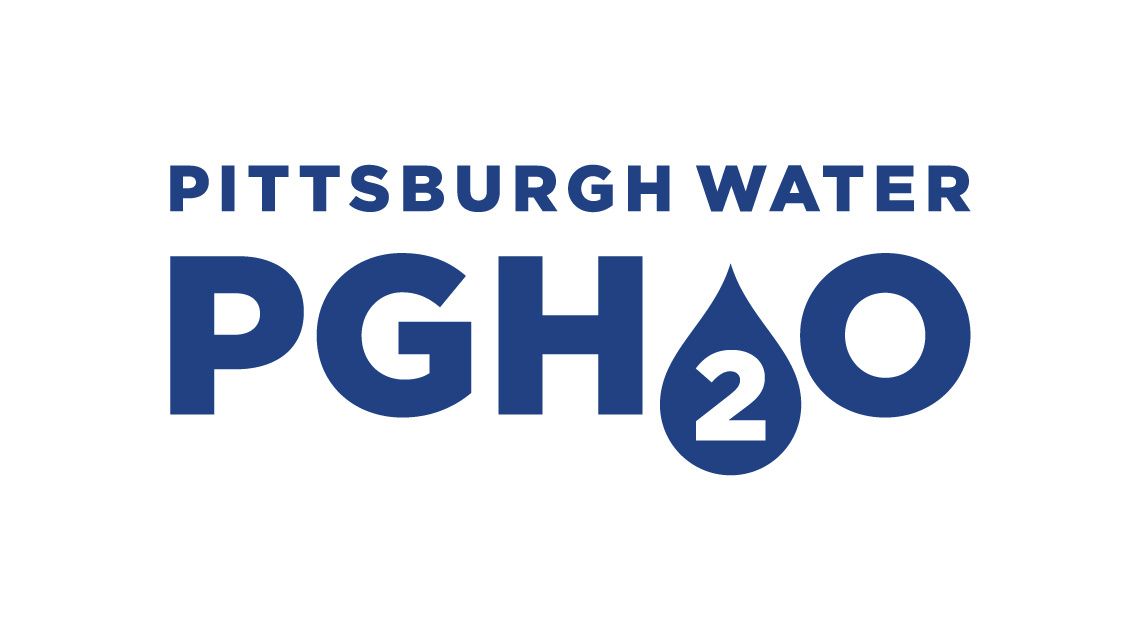Get Issuer Alerts
Add this issuer to your watchlist to get alerts about important updates.
The Microfiltration Plant is Back in Service
View allSeptember 29, 2020
Pittsburgh, PA - On Monday, September 14th, the Pittsburgh Water and Sewer Authority opened the main valve of the Microfiltration Plant in Highland Park, restarting the flow of treated water into the PWSA water supply system. The plant is fully operational – distributing approximately 2.5 million gallons of water per day to the approximately 250,000 residents served by the open Highland I Reservoir.
With the MFP back in service, PWSA has a redundant water system and can spread the demand for water across the entire water distribution network. This enhances PWSA’s ability to reliably provide high quality water to customers.
The plant treats water from this historic open reservoir, which provides drinking water to customers living in Pittsburgh’s eastern neighborhoods, the Hill District, and parts of Oakland. This accounts for more than half of PWSA’s drinking water customers. It also supplies water to secondary storage facilities including the Garfield Tank, Herron Hill Tank and Reservoir, Bedford Tanks, and Lincoln Tank.
The MFP was taken out of service in 2017 to meet stricter state water quality standards. Over the past three years, PWSA has made the needed changes to improve treatment methods, rehabilitate the microfiltration system, and provide greater security around the Highland I Reservoir.
The Microfiltration Plant provides the necessary retreatment of water leaving the uncovered Highland I Reservoir before it is distributed to homes. Because the water goes to an open reservoir, it is no longer considered potable water and must be treated again before reentering distribution.
This project included adding ultraviolet (UV) disinfection technology to the treatment process. UV disinfection is one of the most effective ways to treat water – when exposed to these powerful light-rays, it rapidly and effectively kills micro-organisms such as bacteria, pathogens, and protozoa that may have come in contact with the water. This second layer of treatment, in addition to membrane filtration, ensures the safety, quality, and reliability of our water after it leaves the open Highland I Reservoir.
The total capital cost of all the direct and indirect improvements to support the restoration of the MFP Facility is approximately $14.5 million. Over the next several years, PWSA will invest approximately $312 million for other large system improvements.
“Reopening this unique and state-of-the-art treatment plant allows us to focus on other previously-deferred critical projects,” stated Will Pickering, PWSA Executive Director. “We appreciate our customers’ patience as our team of engineering, construction, and operations experts continues to aggressively modernize our water system.”

